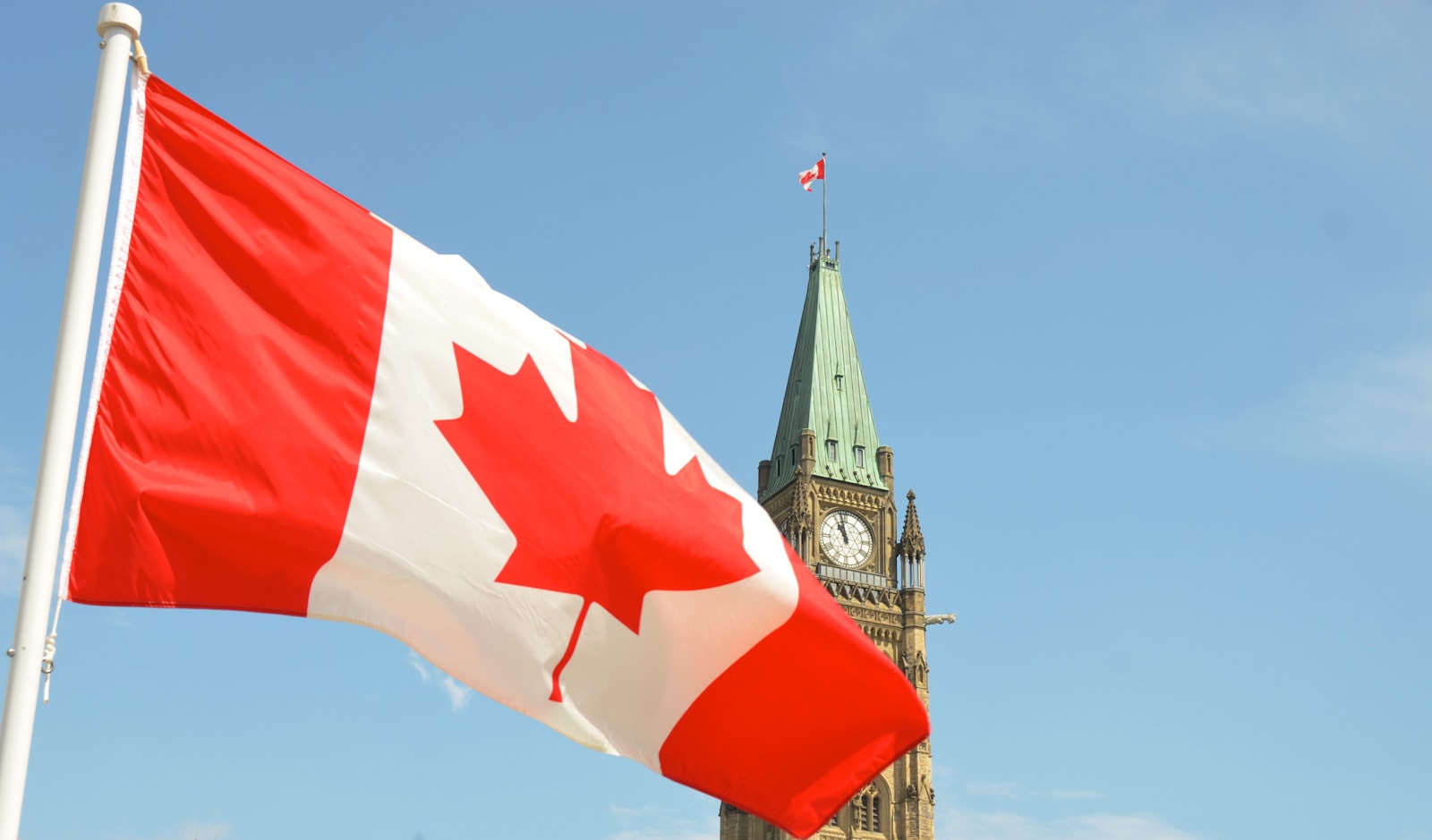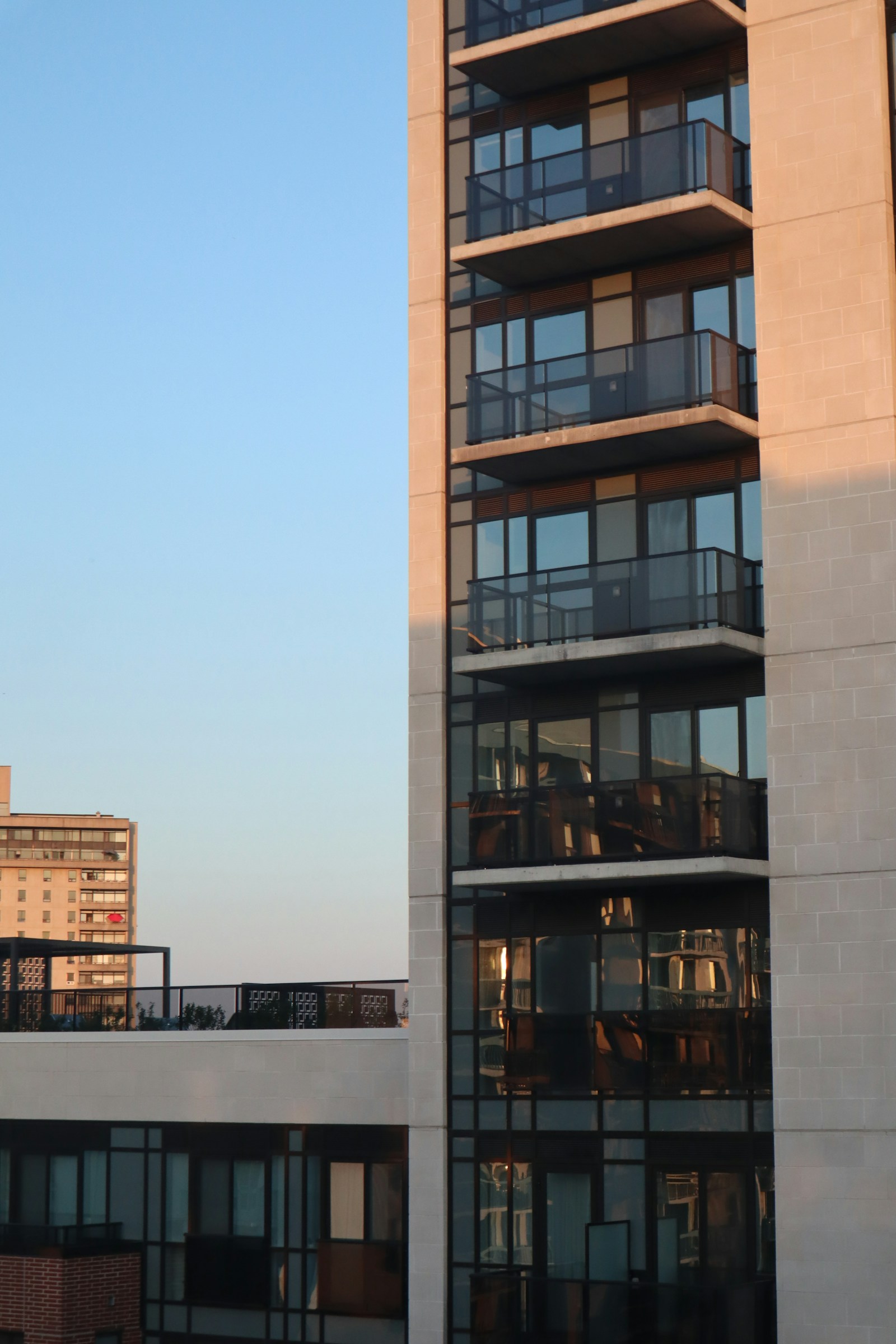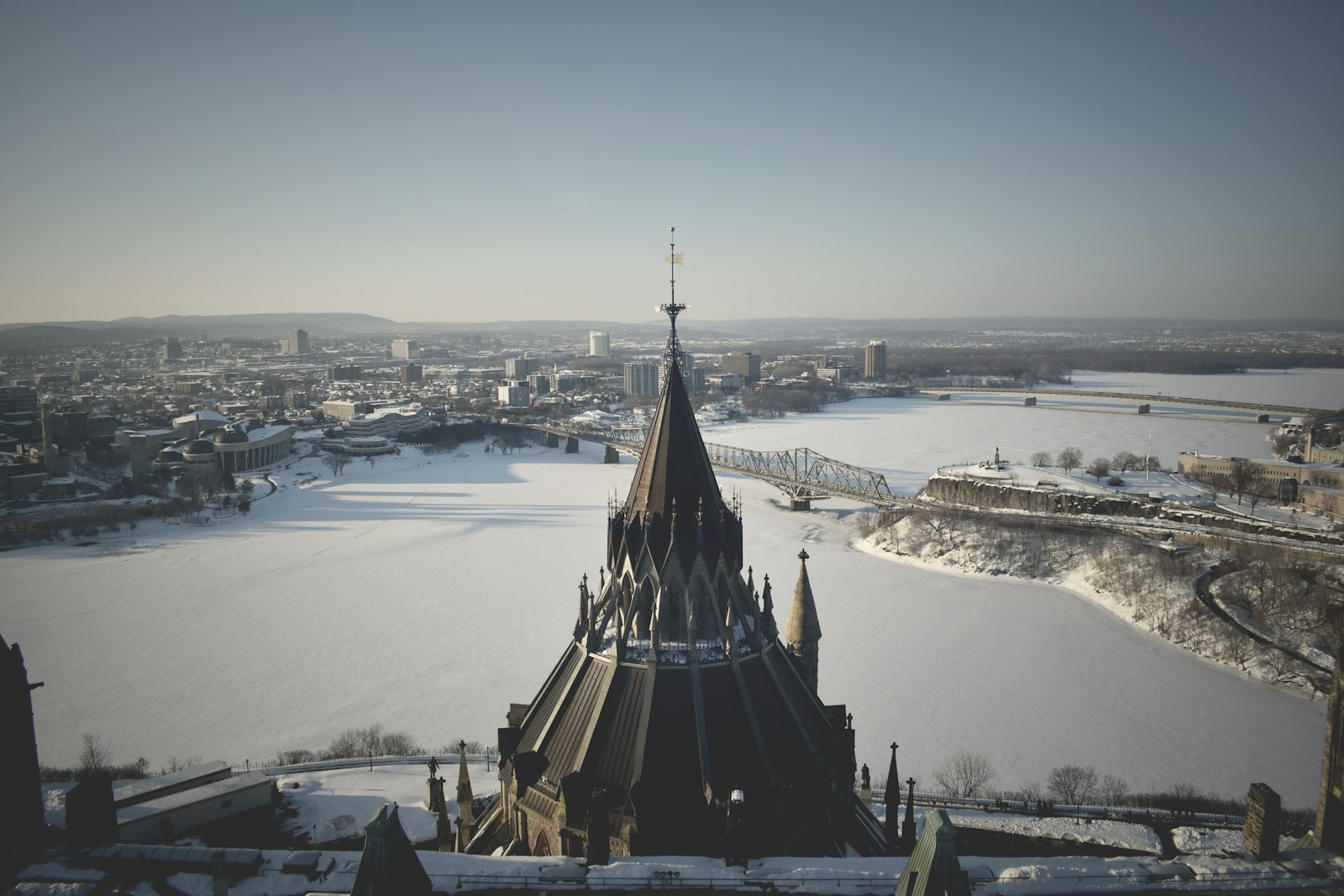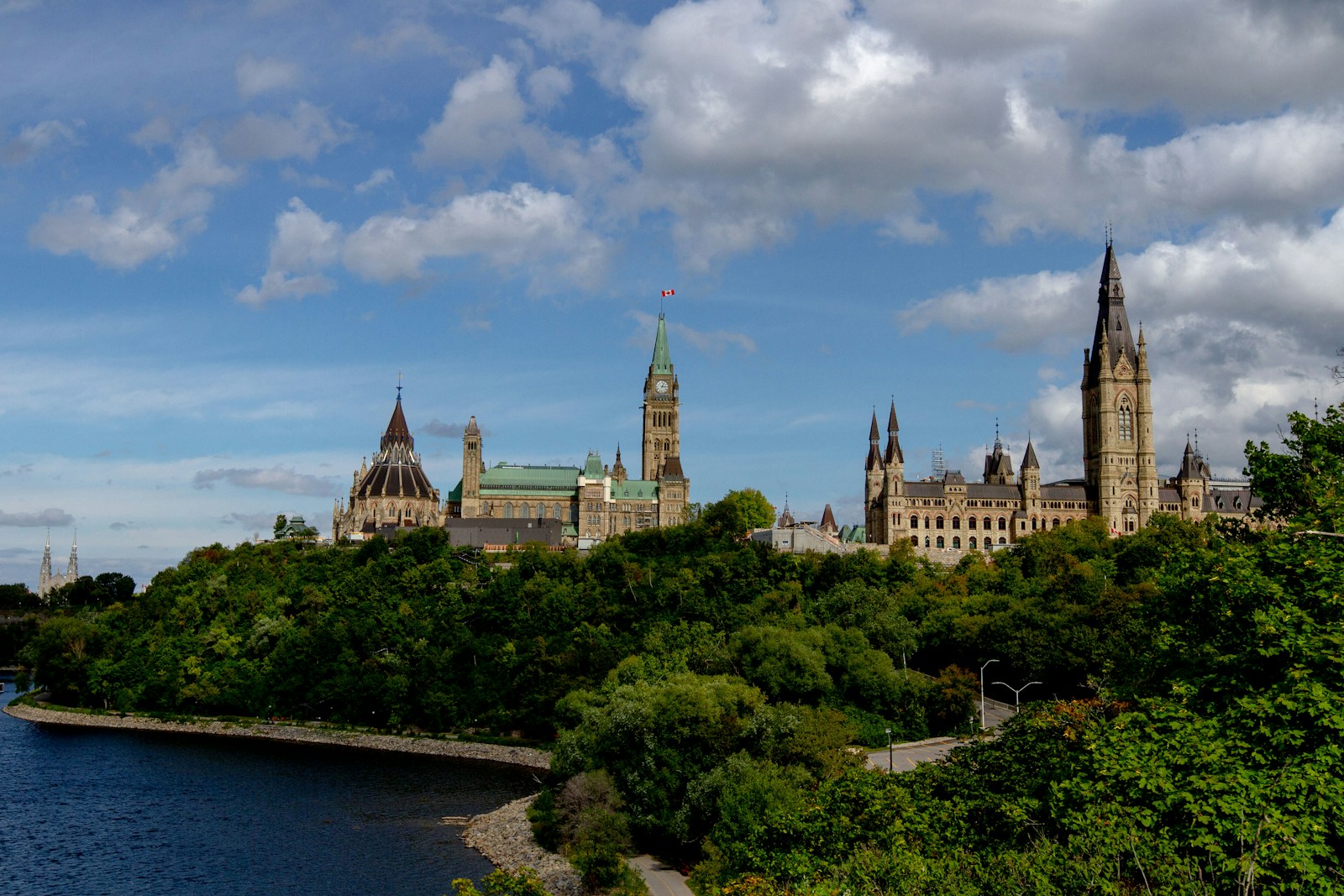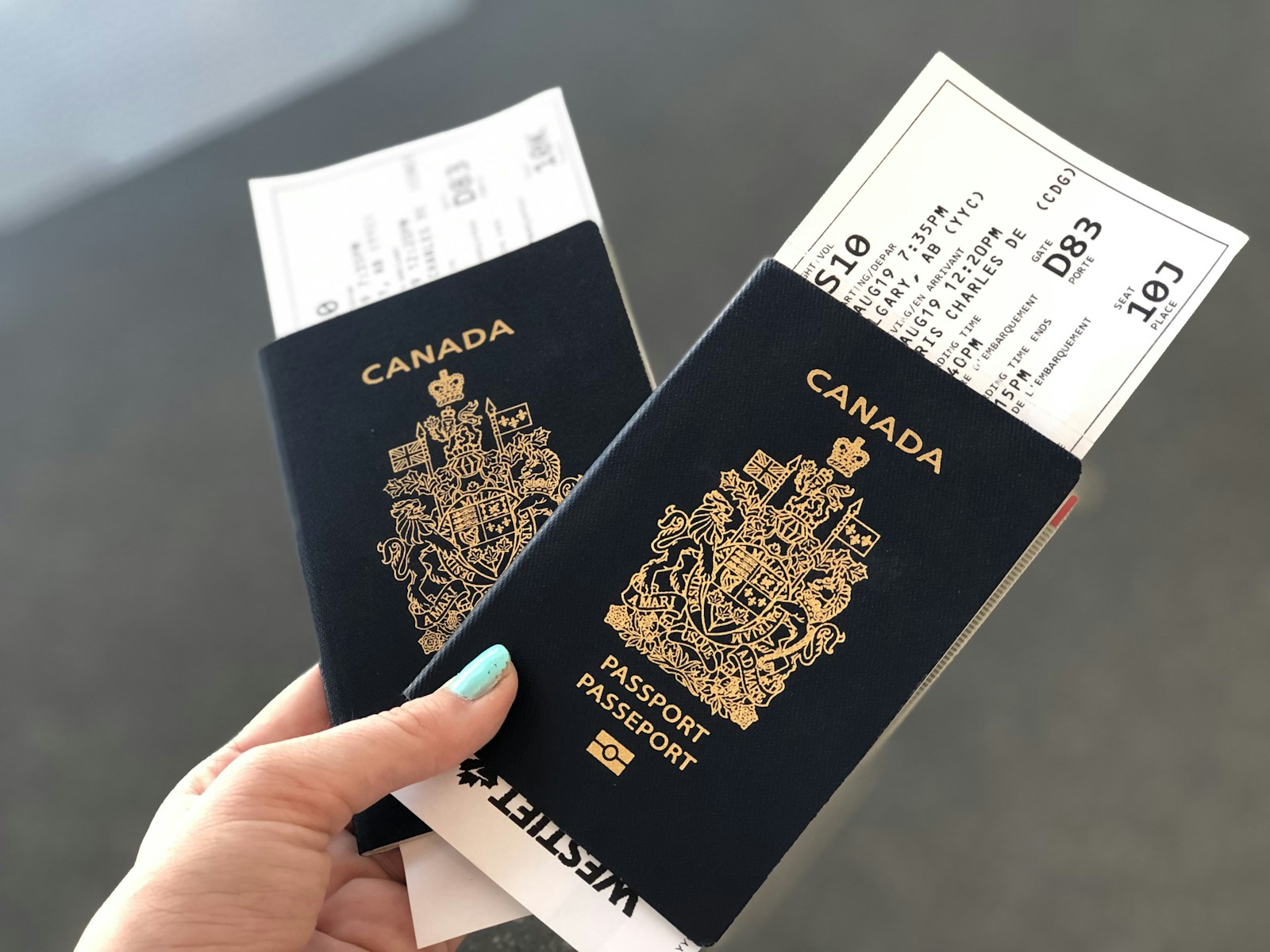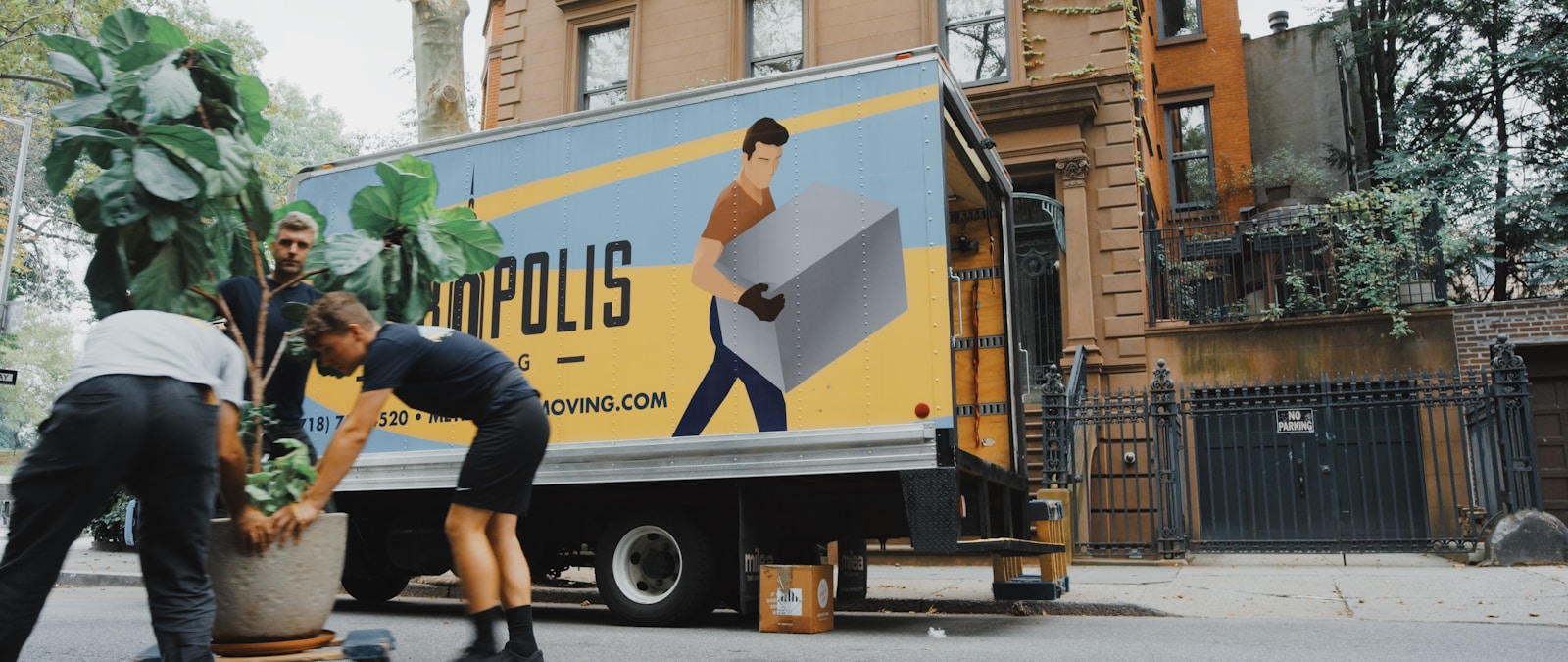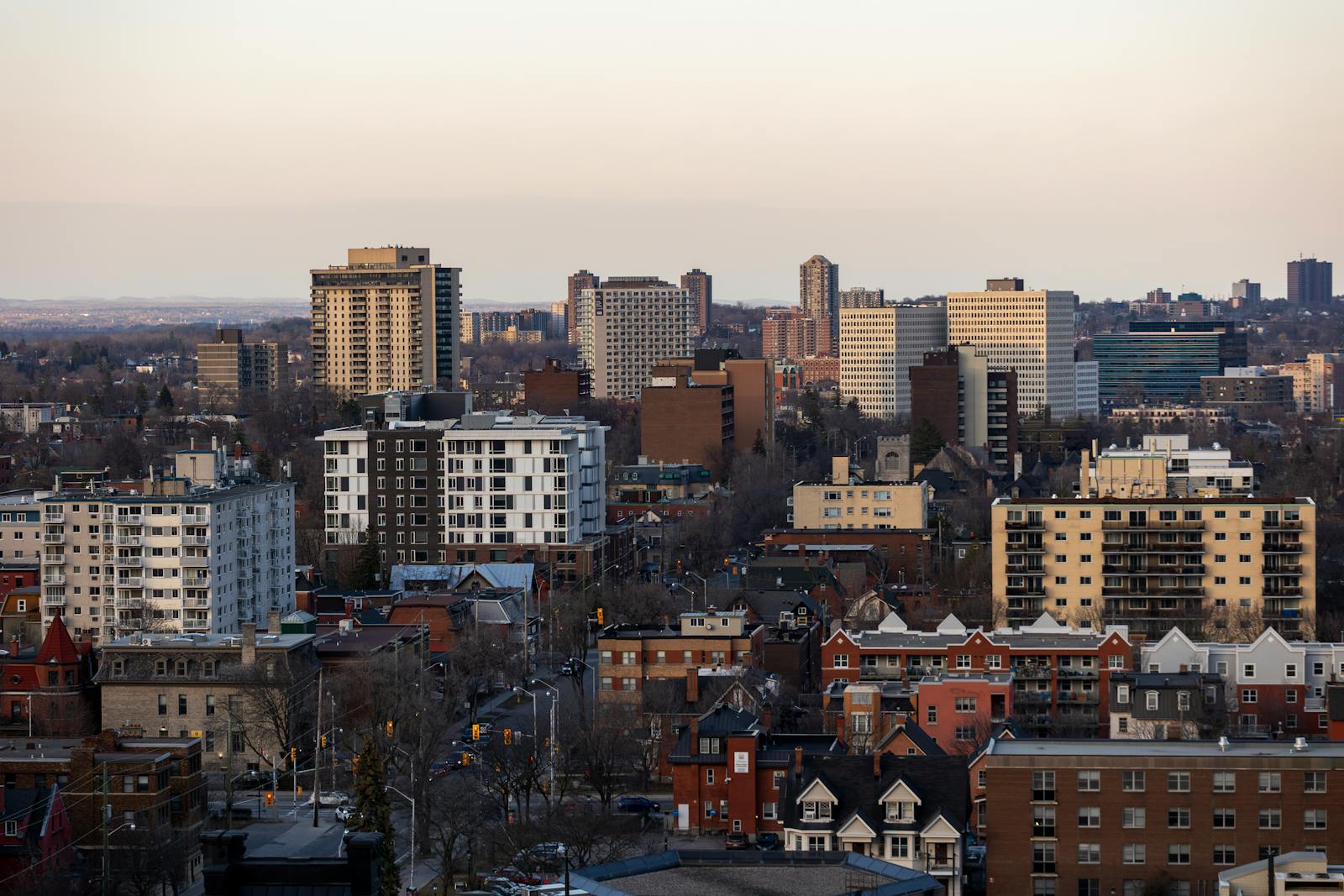Why So Many People Are Moving to Ottawa
Ottawa has become one of Canada’s most attractive cities for relocation. Whether people are moving from Toronto, another province, or overseas, the appeal is clear: a strong job market, more affordable housing, excellent schools, and a balanced lifestyle.
If you’re considering a move, this guide covers everything you need to know about relocating to Ottawa, from neighbourhoods and housing to daily life and long-term planning.
1. Why Choose Ottawa as Your New Home?
Ottawa consistently ranks high for livability.
People choose Ottawa for:
A stable economy
Family-friendly neighbourhoods
Shorter commutes
Access to nature
Strong public services
It offers many big-city benefits without the stress and congestion found in larger metropolitan areas.
2. Cost of Living in Ottawa
Housing Costs
Housing is typically the largest expense. Ottawa remains more affordable than Toronto and Vancouver, especially for:
Townhomes and semi-detached homes
Family-oriented suburbs
Condos in well-connected areas
Both renting and buying options are widely available.
Everyday Expenses
Ottawa’s everyday costs are manageable:
Utilities and property taxes are reasonable
Grocery prices are moderate
Transportation costs are lower due to shorter commutes
Overall, residents often find it easier to budget and plan long-term.
3. Choosing the Right Neighbourhood
Ottawa’s neighbourhoods vary widely in style and feel.
Common preferences include:
Urban living: Walkability and transit access
Suburban living: Space, schools, and quieter streets
Nature-focused areas: Trails, green space, and privacy
Choosing the right neighbourhood is often the most important decision when relocating.
4. Renting vs Buying When You First Move
Many newcomers rent first before buying.
Renting first allows you to:
Learn the city
Test commute times
Understand neighbourhood dynamics
Others choose to buy immediately, especially if relocating for long-term work or family reasons. Both approaches are common in Ottawa.
5. Jobs & Employment Landscape
Ottawa’s job market is known for stability.
Key employment sectors include:
Government and public service
Technology
Healthcare
Education
Professional services
Remote and hybrid work options have also made Ottawa more attractive to professionals relocating from other cities.
6. Transportation & Commuting
Getting around Ottawa is relatively straightforward.
Residents use:
Cars for flexibility
Public transit for commuting
Cycling and walking for daily errands
Commute times are generally shorter than in larger cities, contributing to better work-life balance.
7. Schools, Childcare & Family Life
Families relocating to Ottawa benefit from:
Strong public, Catholic, and French school systems
Bilingual education opportunities
Community centres and extracurricular programs
Childcare availability varies by area, so planning ahead is important.
8. Weather, Seasons & Daily Life Adjustments
Ottawa experiences all four seasons clearly.
New residents should prepare for:
Cold winters with snow
Hot, humid summers
Beautiful spring and fall transitions
With proper clothing and planning, most newcomers adjust quickly and even learn to enjoy winter activities.
9. Tips for a Smooth Relocation
Helpful relocation tips include:
Visit the city before committing
Choose housing near work or schools
Budget for winter clothing and gear
Learn snow and parking rules
Take time to explore neighbourhoods
Preparation makes the transition significantly easier.
FAQs
Q1: Is Ottawa a good city for families?
Yes, it’s one of Canada’s most family-friendly cities.
Q2: Is Ottawa affordable compared to Toronto?
Yes, especially for housing and commuting.
Q3: Do I need a car in Ottawa?
Not always, depending on location and lifestyle.
Q4: Is Ottawa good for newcomers?
Very—Ottawa has strong community and settlement support.
Q5: Is winter hard to adjust to?
It takes time, but most people adapt quickly.
Q6: Is Ottawa growing?
Yes, steadily and sustainably.
Conclusion
Relocating to Ottawa offers a chance to enjoy a high quality of life without sacrificing opportunity or stability. With manageable living costs, diverse neighbourhoods, strong employment options, and a lifestyle built around balance, Ottawa continues to attract people looking for a city they can truly call home. With the right planning, moving to Ottawa can be a smooth and rewarding experience.

